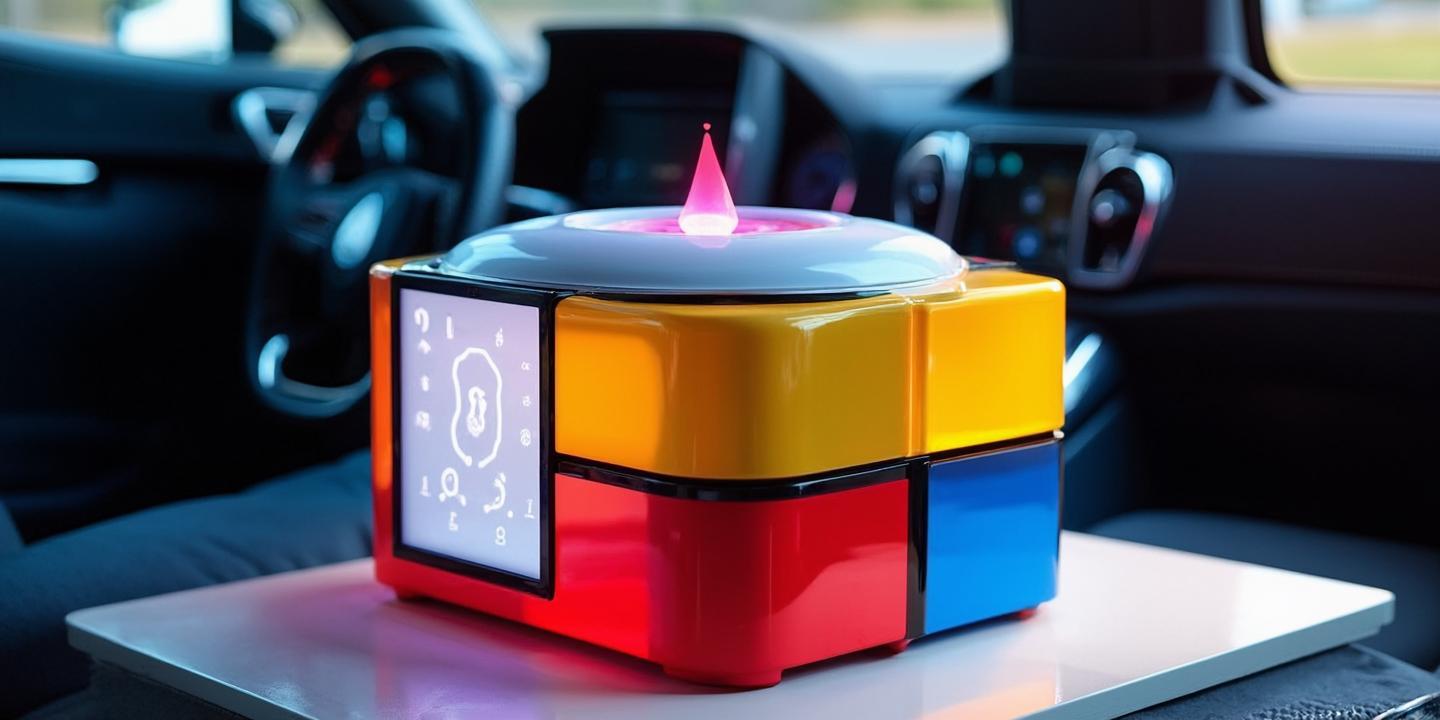发布时间2025-03-17 14:53

在当今全球化的时代,英语作为国际通用语言,对于孩子们的教育显得尤为重要。特别是在少儿英语学习中,掌握正确的语法和表达方式是关键。其中,“rather than”这一短语在英语中频繁出现,用于表示选择或偏好,其正确使用能够极大地提升语言表达的精准度。然而,对于许多正在学习英语的孩子来说,理解和运用“rather than”仍然是一个挑战。因此,本文将通过一系列的对话练习,帮助孩子们更好地掌握这一短语的用法,使他们在日常交流中能够更加自信和流利地表达自己的观点。
一、理解“rather than”的基本含义
在开始对话练习之前,首先需要明确“rather than”的基本含义。这一短语通常用于表示“而不是”,强调在两个选项中选择其中一个。例如,“I prefer tea rather than coffee”意思是“我更喜欢茶,而不是咖啡”。通过这样的例子,孩子们可以初步理解“rather than”的用法和语境。
二、简单对话练习
为了帮助孩子们更好地掌握“rather than”,我们可以从简单的对话开始。以下是一些基础的对话示例:
A: Would you like to play soccer or basketball?
B: I would rather play soccer rather than basketball.
A: Why is that?
B: Because I enjoy running and kicking the ball.
A: Do you want to watch a movie or read a book?
B: I’d rather read a book rather than watch a movie.
A: What kind of book do you like?
B: I love adventure stories.
通过这些简单的对话,孩子们可以逐渐熟悉“rather than”的使用场景,并尝试在实际对话中应用。
三、情境对话练习
当孩子们对“rather than”有了初步了解后,我们可以引入更复杂的情境对话,帮助他们更灵活地运用这一短语。以下是一些情境对话的示例:
情境:选择假期活动
A: Our school break is coming up. Would you rather go to the beach or visit the mountains?
B: I’d rather visit the mountains rather than go to the beach.
A: What is it about the mountains that you like?
B: I enjoy hiking and the fresh mountain air.
情境:选择课外活动
A: The school is offering a new art class and a music class. Which one would you rather join?
B: I’d rather join the art class rather than the music class.
A: Why do you prefer art?
B: Because I love drawing and painting.
通过引入不同的情境,孩子们可以学会在不同场合下灵活运用“rather than”,从而增强他们的语言表达能力。
四、角色扮演练习
角色扮演是一个非常有效的教学方法,尤其适合少儿英语学习。通过扮演不同的角色,孩子们可以更好地理解和运用“rather than”。以下是一个角色扮演的示例:
角色:A(学生)、B(老师)
A: Hi, Mr. Smith. I need your advice. I’m thinking about joining either the school band or the drama club. What do you think?
B: That’s a great question. What are your interests?
A: I like music, but I also enjoy acting.
B: Well, if you had to choose, which one would you rather do?
A: I’d rather join the drama club rather than the school band.
B: Why is that?
A: Because I love performing in front of an audience, and I think acting is more fun.
通过这样的角色扮演,孩子们不仅能够练习“rather than”的用法,还能提高他们的沟通能力和自信心。
五、小组讨论练习
在小组讨论中,孩子们可以相互交流,共同探讨如何使用“rather than”。以下是一个小组讨论的示例:
主题:选择课外活动
A: I’m thinking about joining either the chess club or the debate team. What do you guys think?
B: I’d rather join the debate team rather than the chess club.
C: Why do you prefer debate?
B: Because I enjoy public speaking and discussing different topics.
D: I’d rather join the chess club rather than the debate team.
A: Why do you prefer chess?
D: Because I like strategic games and problem-solving.
通过小组讨论,孩子们可以互相学习,分享各自的观点,从而更深入地理解“rather than”的用法。
六、创意写作练习
除了对话练习,创意写作也是一种有效的学习方法。通过写作,孩子们可以更系统地思考和运用“rather than”。以下是一个创意写作的示例:
主题:我的理想假期
我的理想假期是去旅行而不是待在家里。我宁愿去参观历史古迹而不是去海滩度假。因为我觉得了解不同文化比晒太阳更有意义。
通过这样的写作练习,孩子们不仅能够巩固“rather than”的用法,还能提高他们的写作技巧和思维能力。
七、游戏式学习
将学习融入游戏是少儿英语教学中的一种有效方法。我们可以设计一些有趣的游戏,帮助孩子们在轻松愉快的氛围中学习“rather than”。例如,可以设计一个“选择游戏”,让孩子们在游戏中选择不同的选项,并使用“rather than”来表达自己的选择。
游戏示例:选择游戏
游戏规则: 老师提供两个选项,学生需要用“rather than”来表达自己的选择。
选项1: Go to the zoo or go to the museum
学生回答: I’d rather go to the museum rather than the zoo.
选项2: Watch a movie or play video games
学生回答: I’d rather play video games rather than watch a movie.
通过这样的游戏,孩子们可以在玩耍中学习,提高他们的学习兴趣和积极性。
八、家校合作
家长在孩子的英语学习中扮演着重要的角色。家长可以通过与孩子的日常对话,帮助孩子巩固“rather than”的用法。例如,在家庭活动中,家长可以引导孩子使用“rather than”来表达自己的选择。
家庭对话示例:
家长: Would you rather have pizza or pasta for dinner?
孩子: I’d rather have pizza rather than pasta.
家长: Why do you prefer pizza?
孩子: Because I love the cheese and toppings.
通过家校合作,孩子们可以在家庭和学校两个环境中不断练习和巩固“rather than”的用法,从而更好地掌握这一短语。
通过以上多种方法的结合,孩子们可以逐步掌握“rather than”的用法,并在实际交流中灵活运用。这不仅有助于提高他们的英语水平,还能增强他们的自信心和表达能力。
猜你喜欢:春天英文怎么读
更多少儿英语